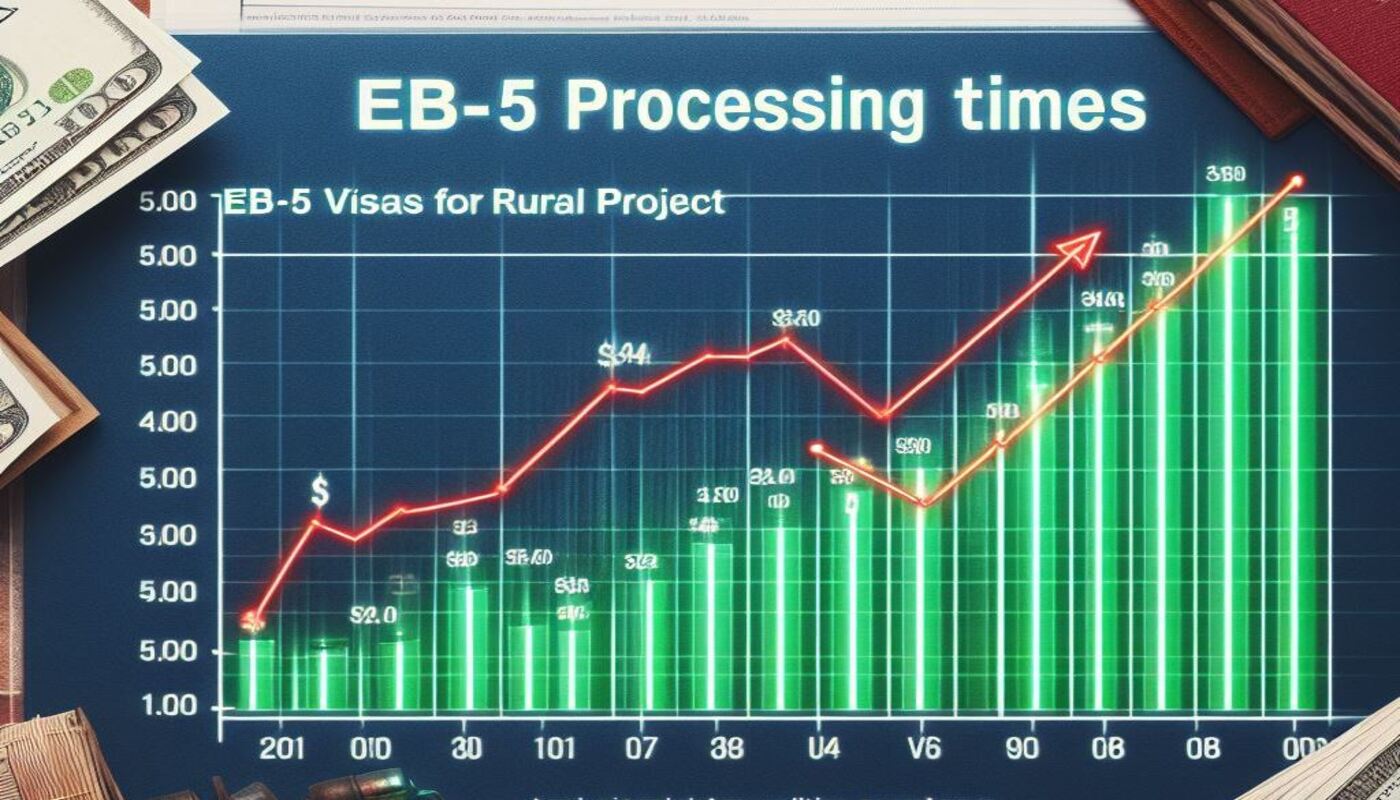H-1B Visa Cap Reached for 2024, USCIS Confirms; Implications for Non-Selected Registrants
The United States has hit the annual cap for H-1B visas, as confirmed by the US Citizenship and Immigration Services (USCIS), marking a crucial development in immigration. The H-1B program plays a vital role for US businesses, allowing them to employ foreign workers in specialized occupations. The USCIS stated that it has received a sufficient number of petitions to meet both the regular cap of 65,000 and the US advanced degree exemption, commonly known as the master’s cap, set at 20,000. This means that the allotted H-1B visas for fiscal year 2024 have been exhausted.
For those who submitted registrations but were not selected, the USCIS will issue non-selection notices through online accounts. The status will indicate ‘Not Selected,’ rendering them ineligible to file an H-1B cap petition for this registration.
However, the USCIS will continue to accept and process petitions exempt from the cap, including those for current H-1B workers who still retain their cap number. These petitions serve various purposes such as extending stay duration, changing employment terms, facilitating employer changes, and allowing concurrent work in additional H-1B positions. The USCIS emphasized, “We will send non-selection notices to registrants through their online accounts over the next few days.”
To determine if an H-1B petition falls under the cap, the USCIS evaluates information gathered during the electronic registration process. The cap includes the standard 65,000 H-1B visas and an exemption for advanced degree holders until they surpass 20,000. The annual regular cap for the H-1B category is set at 65,000, with an additional 6,800 reserved for the H-1B1 program under the US-Chile and US-Singapore free trade agreements. Unused visas in this category become available for the next fiscal year’s regular H-1B cap.
Notably, H-1B workers in the Commonwealth of the Northern Mariana Islands (CNMI) and Guam may be exempt from the cap, following guidelines set by the Consolidated Natural Resources Act of 2008 until December 31, 2029.
Source: MSN



















